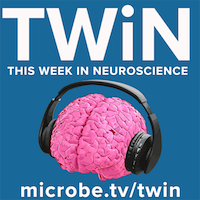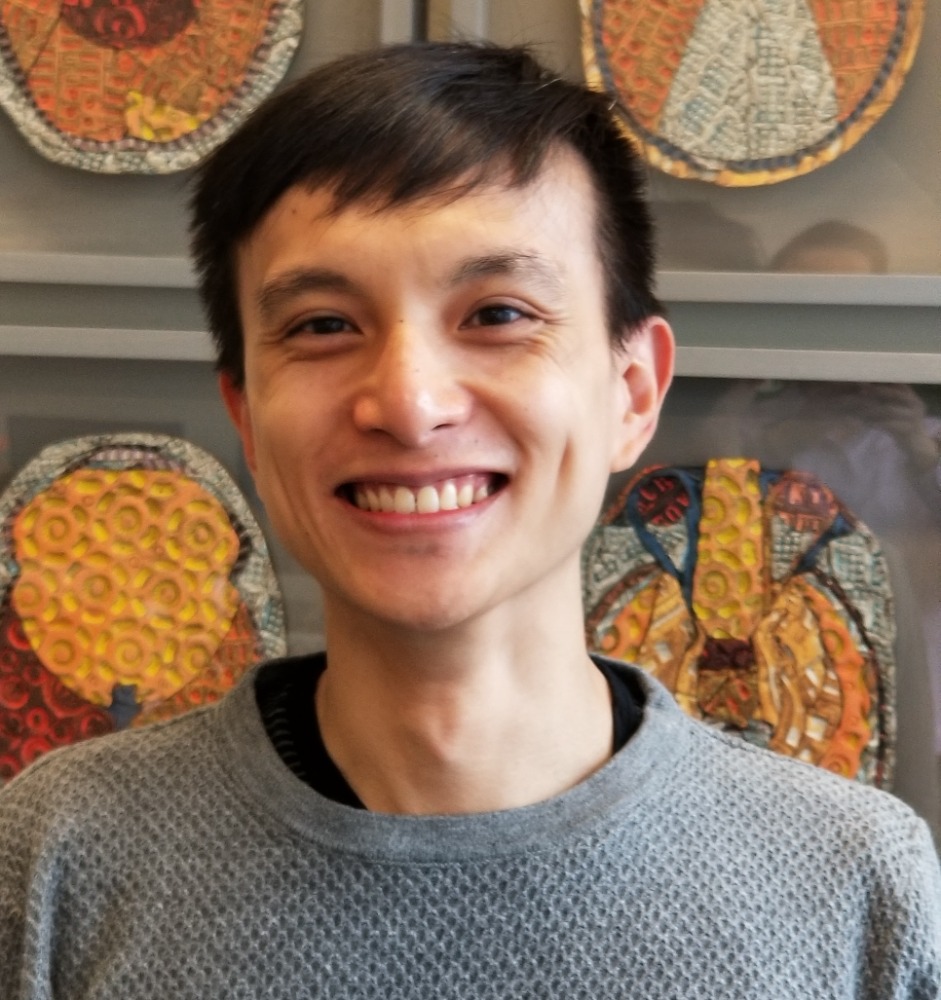TWiN reviews altered somatosensory reactivity, which is frequently observed among individuals with autism spectrum disorders (ASD), and in mouse models the developmental timing of aberrant touch processing can predict the manifestation of ASD-associated behaviors in mouse models.
TWiN reviews experiments which show that SARS-CoV-2 triggers the up-regulation of synaptic components and perturbs local electrical field potential in cerebral organoids, organotypic culture of human brain explants and post-mortem brain samples from individuals with COVID-19.
TWiN welcomes mice to the elite club of ‘self-aware’ animals, with a study demonstrating a mirror-induced self-directed behavior in mice resembling visual self-recognition.
TWiN describes a study that reveals activation of endogenous retroviruses in oligodenroglia from patients with traumatic brain injury.
TWiN reviews an amazing study of a man who was paralyzed after a spinal cord injury and regained the ability to walk after implantation of a brain-spinal cord interface.
TWiN explains research showing that interaction between glioma cells and neurons in the brain shares mechanistic features with synaptic plasticity that contributes to memory and learning in the healthy brain.
TWiN discusses research showing that sciatic nerve activation with electroacupuncture at the sciatic nerve controls systemic inflammation and rescues mice from polymicrobial peritonitis, by inducing vagal activation of aromatic L-amino acid decarboxylase, leading to the production of dopamine in the adrenal medulla.
TWiN reviews a mouse model of ADHD to characterize hypersensitivity to pain, and that sensitization is further amplified in a pathological inflammatory state.
TWiN discusses a study of on the pathways that control opioid analgesic tolerance, a root cause of opioid overdose and misuse, which can develop through an associative learning.
TWiN explains how psychedelic drugs such as LSD, psilocybin, and MDMA, which are being explored for treating a wide range of neuropsychiatric diseases, reopen the social reward period for critical learning.





